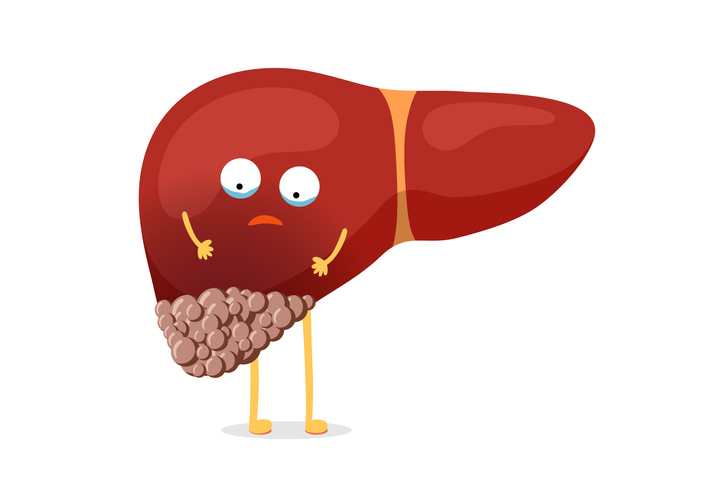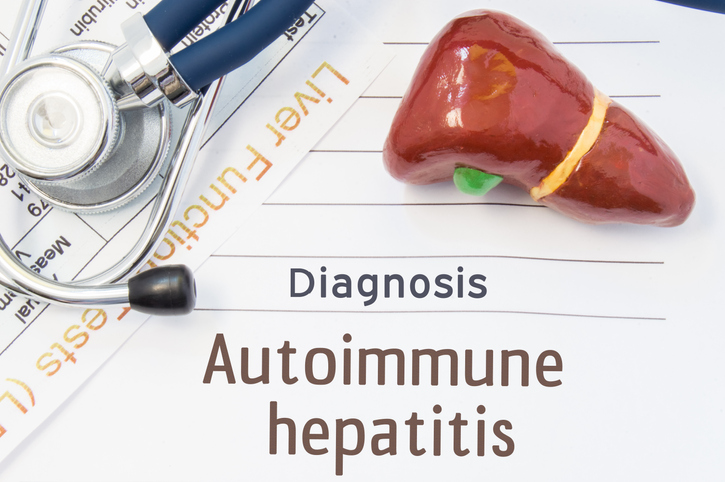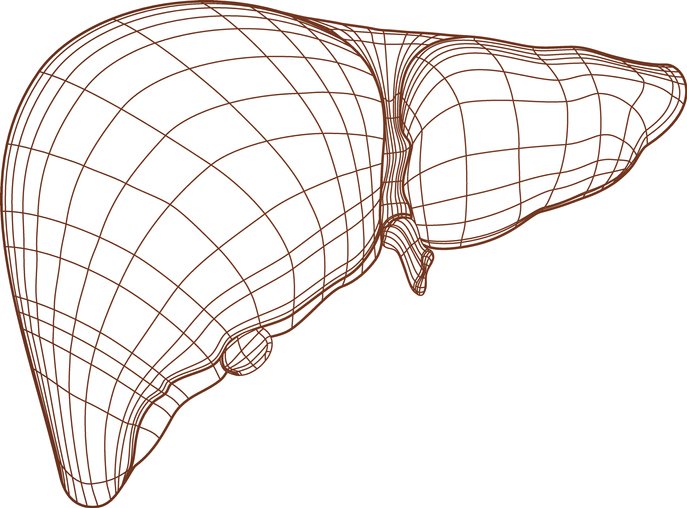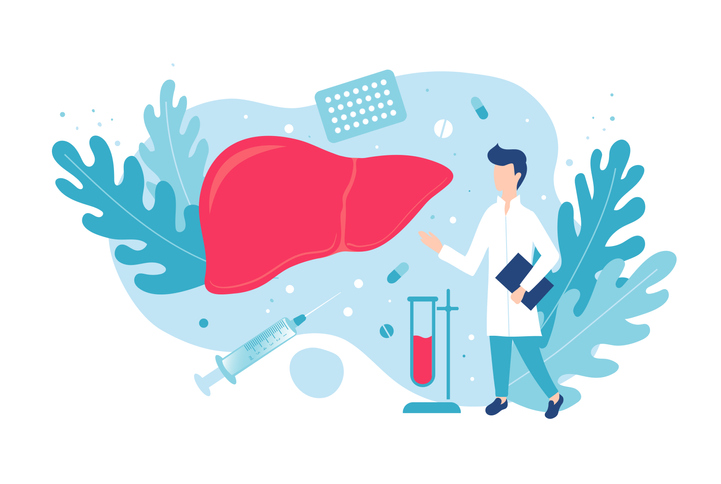Pain
What Is Toxic Hepatitis?

Toxic hepatitis is inflammation of the liver caused by exposure to certain substances, such as drugs, chemicals or alcohol. Although eliminating exposure to the substance generally stops the inflammation, toxic hepatitis can lead to cirrhosis (severe scarring of the liver), liver failure, or even death. Toxic hepatitis is also known as toxic liver disease or hepatotoxicity.
Types
Toxic hepatitis is categorized into three types: alcohol-induced, chemical-induced and drug-induced.
- Alcohol-induced hepatitis is caused by long-term, excessive alcohol consumption.
- Chemical-induced hepatitis is caused by exposure to certain chemicals; it most commonly occurs from exposure to chemicals or solvents in workplace settings.
- Drug-induced hepatitis is caused by repeated or excessive use of certain drugs, including over-the-counter medications, prescription medications, or supplements.
Signs and symptoms
The signs and symptoms of toxic hepatitis include the following:
- Fever
- Dark-colored urine
- Itching or rash
- Fatigue
- Jaundice (yellowing of the skin or eyes)
- Headaches
- Loss of appetite
- Pain or swelling in the upper-right part of the abdomen
- Nausea or vomiting
- Weight loss
- White or gray stool
- Diarrhea
These signs and symptoms may appear within hours or days of exposure to the substance, or it may take weeks or months of continued exposure for symptoms to develop.
Causes
The liver is responsible for breaking down drugs, medications, and other chemicals that enter the bloodstream. This process can cause the liver to produce byproducts from these toxins, which causes inflammation.
Some of the most common substances that can cause toxic hepatitis include the following:
- Over-the-counter pain relievers, such as acetaminophen and nonsteroidal anti-inflammatory drugs (ibuprofen, aspirin, etc.)
- Alcohol
- Prescription drugs such as statins, antibiotics, arthritis medications, steroids, and antiviral drugs
- Chemotherapy treatments
- Herbal supplements, including aloe vera, comfrey and kava
- Chemicals and solvents, such as dry-cleaning solutions, herbicides and pesticides
Risk factors
Factors that increase the risk of developing toxic hepatitis include the following:
- Over-the-counter pain medication or certain prescription medication use
- Pre-existing hepatitis or another health condition that affects the liver, such as nonalcoholic fatty liver disease
- Alcohol use
- Exposure to certain industrial chemicals
- Female gender (Females tend to metabolize certain substances more slowly than males.)
- Advanced age (The liver processes substances more slowly as an individual ages.)
- The presence of a genetic mutation that affects the production of liver enzymes



















